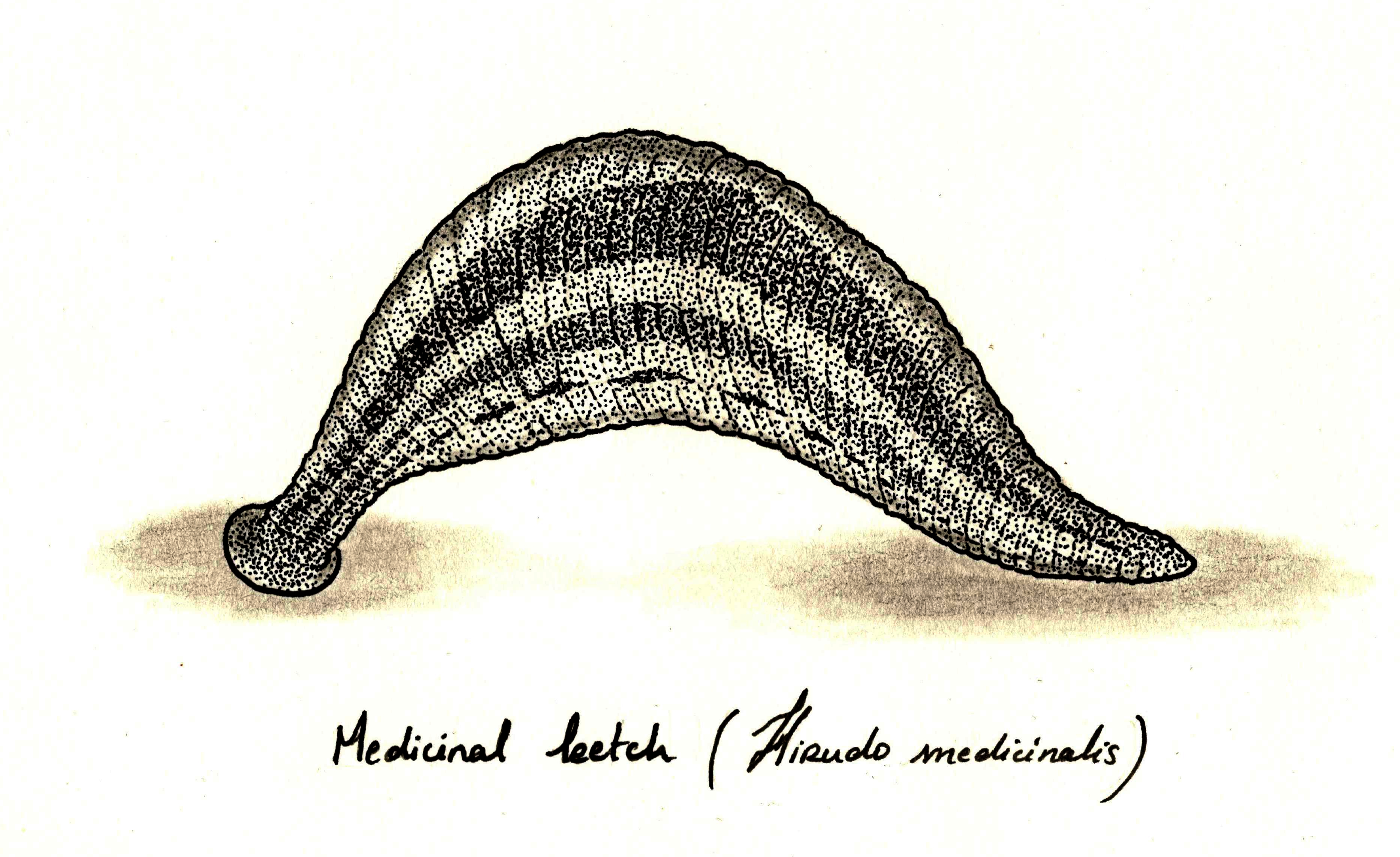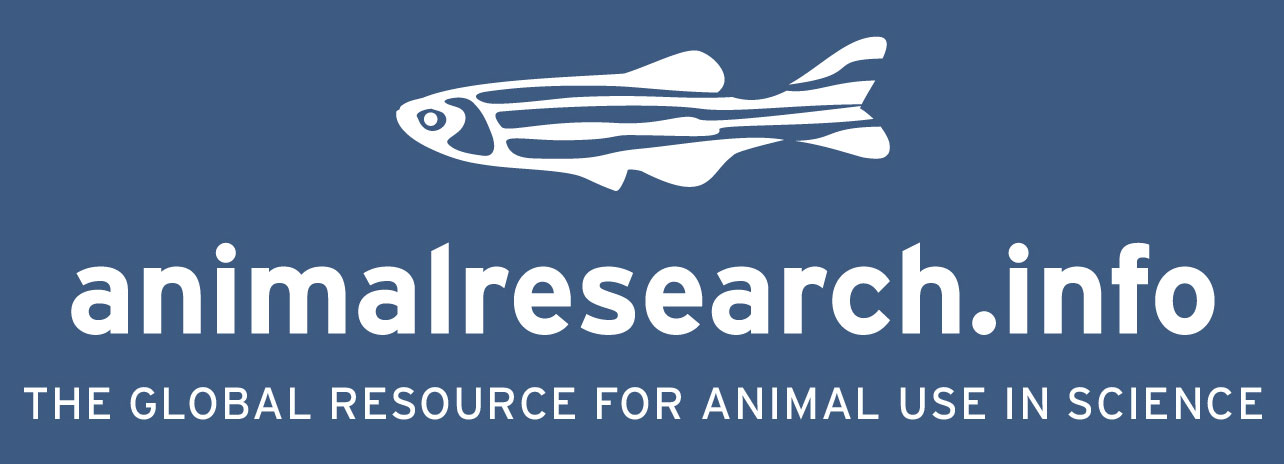Medicinal Leech

Leeches were used in medicine long before we understood the causes of many diseases. People believed that excess blood or ‘bad blood’ were to blame for just about any medical problem. Thus, some societies would perform bloodletting with the aid of leeches to treat a wide variety of illnesses. Still today, medicinal leeches (Hirudo medicinalis) are sometimes used to enhance circulation in skin grafts or reattachment surgeries, and there are doctors who will use leeches to treat muscle cramps and varicose veins.
Now, though, the leeches’ therapeutic effects have nothing to do with the blood they remove, but rather the more than 60 compounds in their venom that have anaesthetic, anti-coagulant, vasodilatory and anti-inflammatory properties. All these are necessary for a stealthy blood sucking meal and preventing the ingested blood from clotting and turning the leech into a ‘brick’.
Unlike conventional anticoagulants, these leech-anticoagulants have the advantage of being selective for specific clotting factors, without affecting others. At least 14 different anticoagulants have been obtained from leeches.
Bivalirudin
lepirudin
desirudin
Bivalirudin
Bivalirudin is a peptide derived from hirudin – a specific inhibitor from thrombin found in the saliva of leeches. It is used to prevent blood clots during angioplasty, a procedure that uses a tiny balloon to widen clogged blood vessels. It works by acting as a direct thrombin inhibitor, shutting down the blood’s coagulation pathway by blocking it at one of its key steps. It has been applied in the treatment of coronary ischemic syndromes, heparin-induced thrombocytopenia, and disseminated intravascular coagulation (DIC).
lepirudin
Hirudin has also been produced synthetically and used in the treatment of deep venous thrombosis and for coronary angioplasty preparation. There have been small clinical trials with modified subcutaneous versions of the molecule, lepirudin, for these conditions.
desirudin
Lepirudin and another modified hirudin, desirudin, have been produced by yeast and used as anticoagulants in subjects with renal insufficiency.
Last edited: 8 September 2015 12:30
